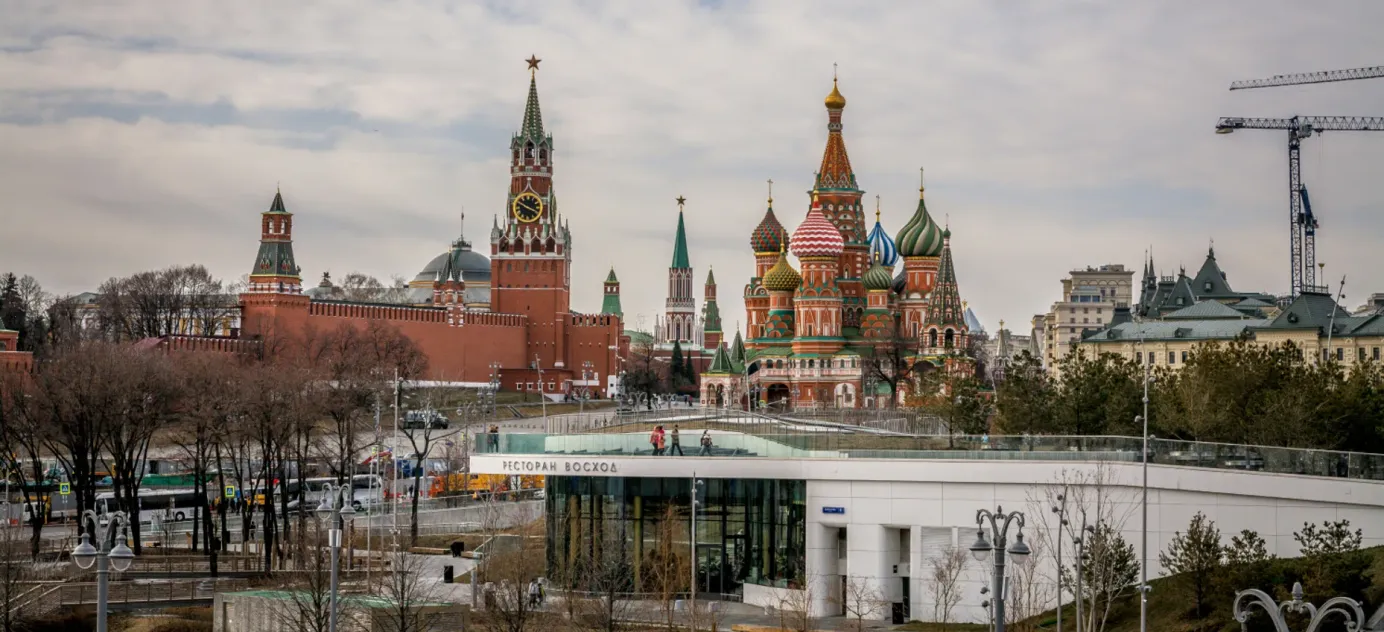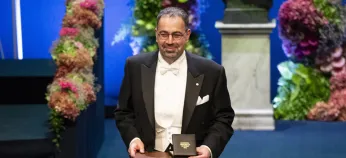
Calls for childless tax
Weeks after advancing a bill to ban “childfree ideology,” several Russian figures have started calling for a tax to be introduced on couples that do not have children. It is the latest proposal that advocates say will address the country’s war-related demographic problems and fits into a deepening conservative agenda.
- The idea has been raised at least twice in the last few weeks. The first proposals came from Dzhomart Aliyev — the rector of a second-tier Moscow University who apparently got his diploma from a “fake” American university. He said that to stimulate the birth rate it would be necessary to increase income tax by 3% (he likely meant percentage points), property tax by 0.5% and inheritance tax by 5% for those without children.
- A few days later a more respected figure, Alexey Zubets, director of the institute of socio-economic research at the Government Financial University, made a greater splash with his proposal. He suggested collecting 30,000-40,000 rubles a month ($300-400) from childless couples or families with only one child. According to him, this money could be used to address the national demographic program. “Our average salary is 85,000 rubles. A family of two earning that is getting 170,000 rubles. For them, 40,000 rubles is not much money,” Zubets said. This is obviously a wild proposal, amounting to a new tax equivalent to 25% of average income that would apply to most households (the average number of children per Russian family is 1.6, according to the latest census).
- Lawmaker Andrey Gurulyov, the leading figure in the military lobby in the duma, also spoke up for a tax on childlessness, highlighting that during the Soviet Union men aged 20-50 and married women aged 20-45 paid an extra 6% in income tax if they did not have children.
- The political background to these discussions appears to be favorable. The Russian authorities have long been concerned about demographic problems. Preliminary data suggests that in 2023, Russia’s population fell by 243,000 people (0.17%). There is no sign that this trend will change anytime soon. Moreover, due to the war and the changing economic situation, a third of Russians have decided to either postpone or abandon their plans to have children, according to a study from the Higher School of Economics.
- A possible tax on childlessness would be bad news for millions of families in Russia — but it is unlikely to be introduced. First, fines and other levies on childlessness have never stimulated the birth rate, as many demographers point out. Even Vladimir Putin’s press secretary Dmitry Peskov pointed that out on Monday. Duma speaker Vyacheslav Volodin, one of the most experienced courtiers with his finger on the Kremlin pulse, also dismissed the idea. “There is no need to scare people. This is extreme,” he said.
Why the world should care
The Kremlin’s political and ideological fixation on “conservative values”, ramped up following its invasion of Ukraine, is more and more being seen as a way to address real issues that concern the state due to a shortage of young men. The number of repressive demographic proposals will likely increase.





